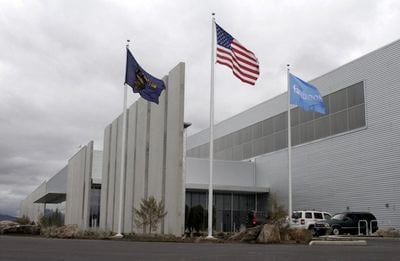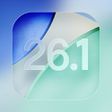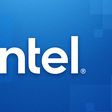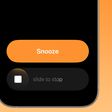VR-Zone leaks a roadmap for Intel's next generation mobile processors, called Ivy Bridge. Apple currently uses Intel's mobile Sandy Bridge processors in its MacBook Pro and MacBook Air notebooks.

Ivy Bridge will offer a number of benefits for Apple's notebook lines, opening the door to quad-core processors in the 13-inch MacBook Pro and bringing significantly faster graphics and new OpenCL capabilities to the MacBook Air. Ivy Bridge will also support ultra high resolution displays and Intel has committed to Thunderbolt support alongside USB 3.0 in the platform.
VR-Zone details a wide range of processors with Thermal Design Power (TDP) ranging from 17W to 55W. The TDP tends to be the limiting factor in the size of Apple's notebook designs. Apple presently uses 17W processors in the MacBook Air designs and 35W-45W processors in the MacBook Pro. The new processors will include the improved Intel HD Graphics 4000 integrated graphics chipset.
The 35W-45W (MacBook Pro) processors range from Dual/Quad Core 2.6GHz to 2.9GHz with single core turbo speeds of up to 3.6GHz, while the 17W (MacBook Air) processors range from Dual Core 1.8GHz to 2.0GHz with single core turbo speeds of up to 2.8-3.2GHz.
Apple's choice of processors may depend on how dramatically it redesigns the MacBook Pro next year. Rumors have persisted that Apple is working on ultra-thin models that may represent a complete overhaul of some of the MacBook Pro models, making them more Air-like in design. VR-Zone notes that the TDPs on these processors are programmable, so Apple may be able to reduce their TDPs at the expense of processor speed.
VR-Zone reports that the new mobile platform is expected to launch around May, with some high-end processors possibly launching in April. This gives a rough timeframe of when we should expect updates to Apple's notebooks.


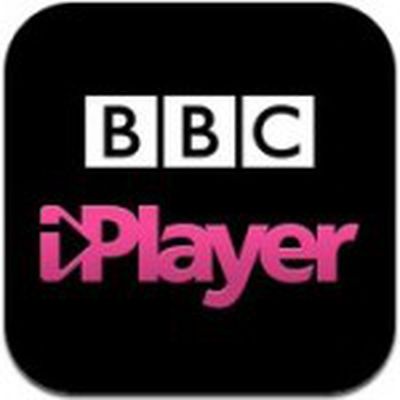 The BBC's
The BBC's 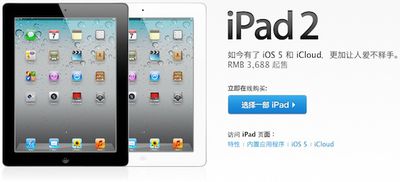




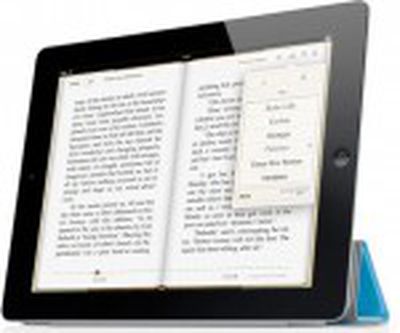
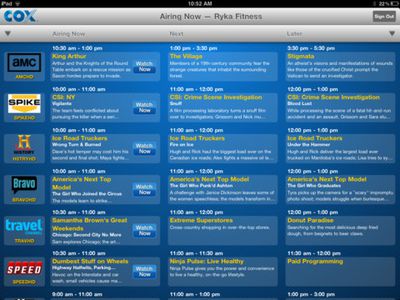

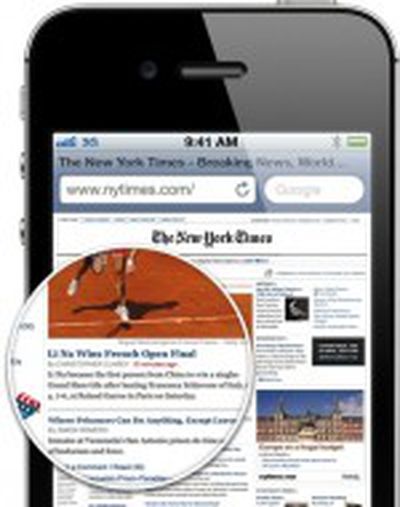
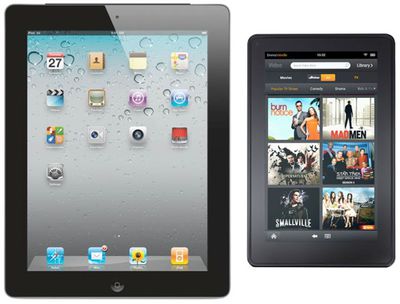
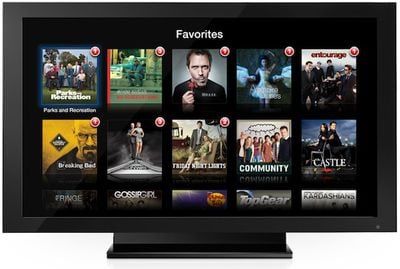



 Late last week, a U.S. judge
Late last week, a U.S. judge 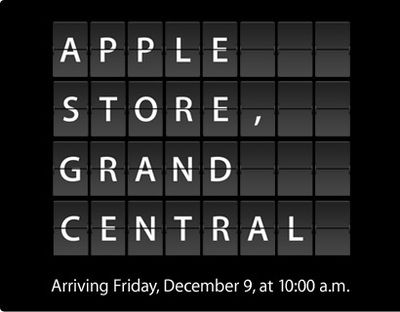

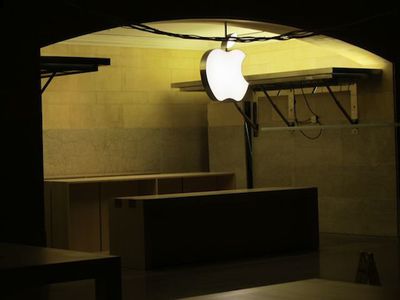
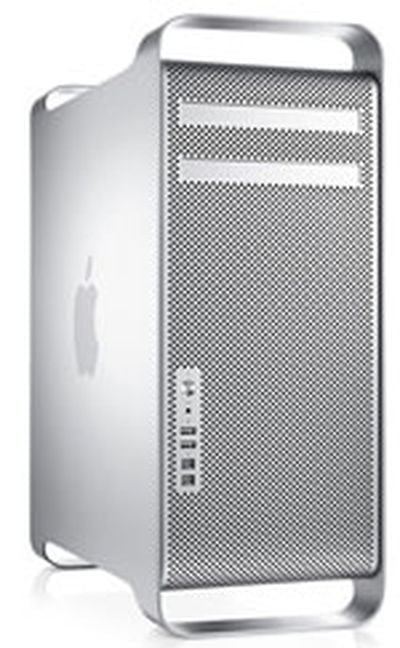 Shortly after the initial Mac OS X 10.7.3 Beta build was released to developers,
Shortly after the initial Mac OS X 10.7.3 Beta build was released to developers, 